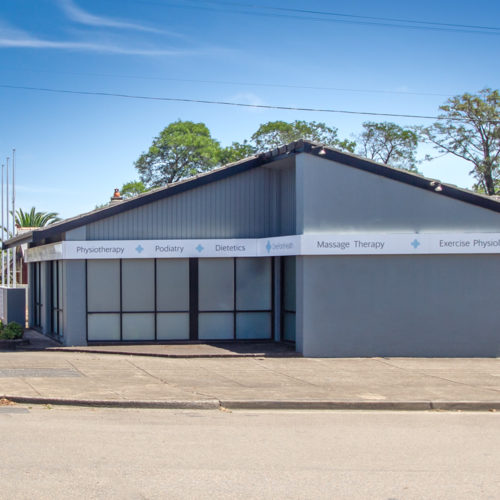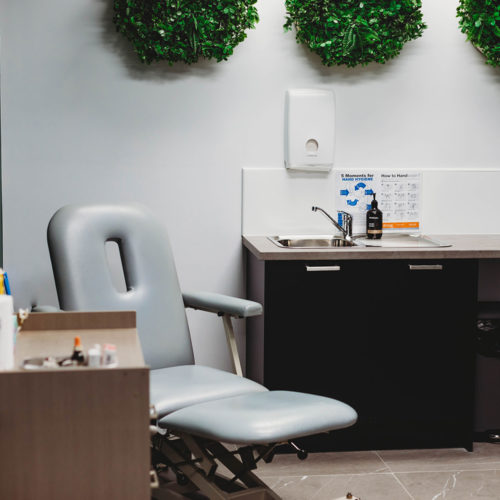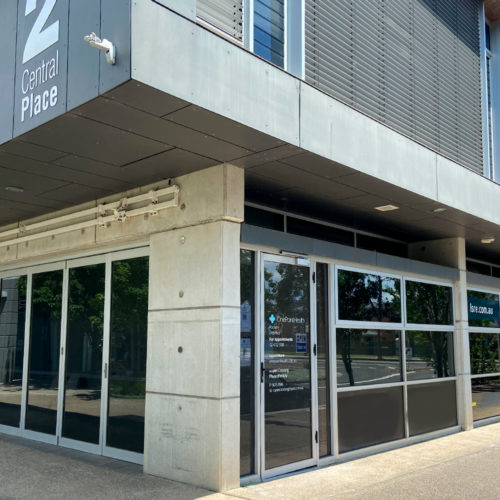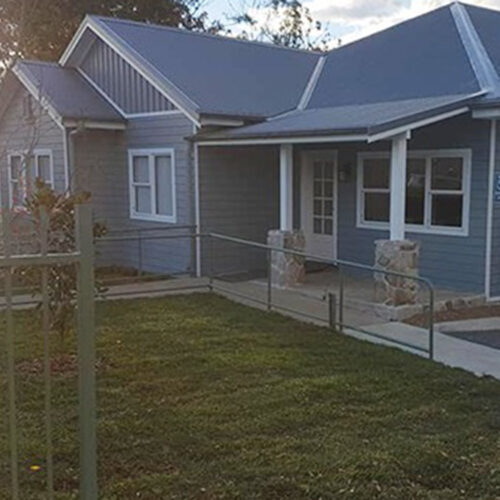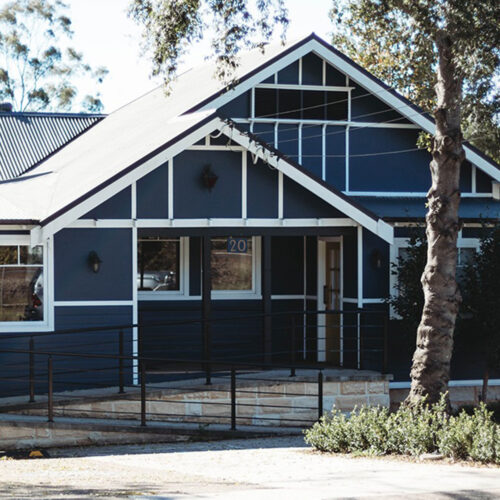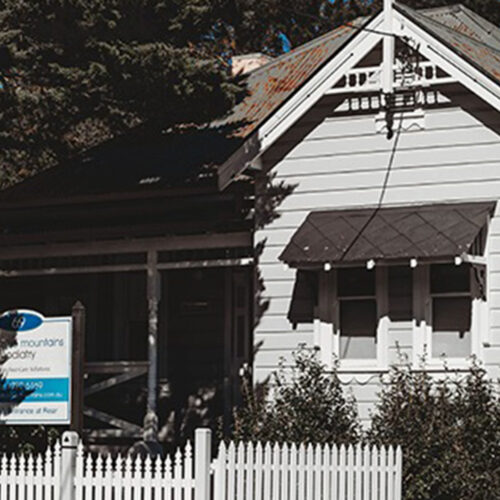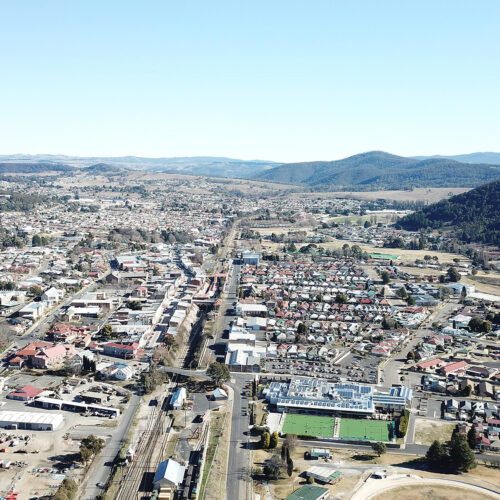Juvenile Idiopathic Arthritis
Juvenile Idiopathic Arthritis (J.I.A) is a common form of arthritis that occurs within children under the age of 16 years old. The term ‘idiopathic’ is used within the medical presentation to indicate that there is no known origin or cause.
J.I.A is still not a condition that is commonly recognised, and it has every reason to be so. Currently the incidence rate of J.I.A is 1-2 in every 1000 children. This is in comparison to 1/1000 children have Diabetes Mellitus and 1.3/1000 children with Cerebral Palsy, both in which are two conditions well known.
Injury occurs from J.I.A through an auto-immune response. The human body’s immune system has a remarkable skill to constantly fight foreign matter, such as bacteria. For some individuals, the immune system attacks itself causing inflammation which is damaging.
Signs and symptoms of J.I.A include pain of joint movement, heat, swelling and stiffness. A key feature of J.I.A over other mechanical causes of pain is stiffness within a child as well as pain in the morning.
Podiatry is one of the many health professionals that contribute to the management of children with J.I.A. Functional foot orthoses, footwear modifications, addressing leg length discrepancies and exercises are possible implemented treatments. Potentially we may also be the first clinician a child see’s regarding pain pre-diagnosis.
J.I.A not only causes chronic pain, but restricts a child’s ability to engage in physical activity and this has further implications. Children need to be, and deserve to be able to engage in life to allow for growth and development. Accurate diagnosis and the implementation of treatment enhances a child’s life who is living with J.I.A.
There is a magnitude of causes of pain within a child and therefore appropriate assessment is important to ensure accurate diagnosis and treatment.

